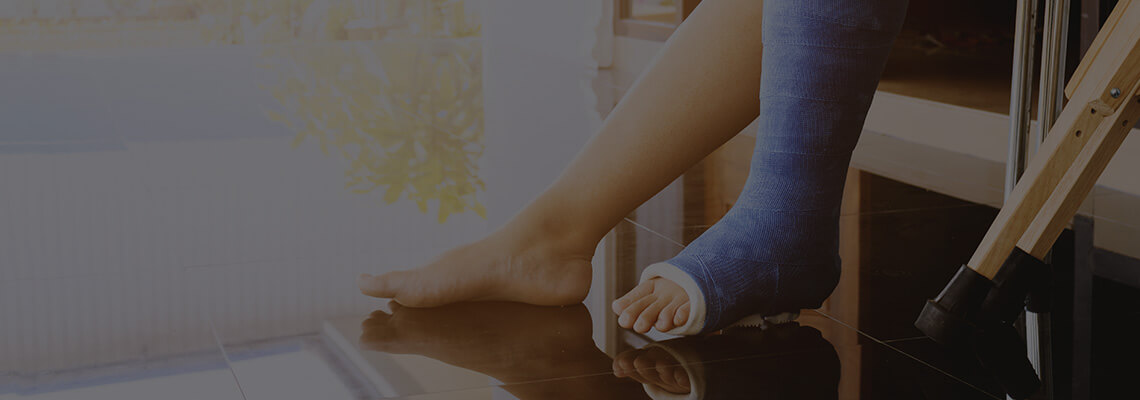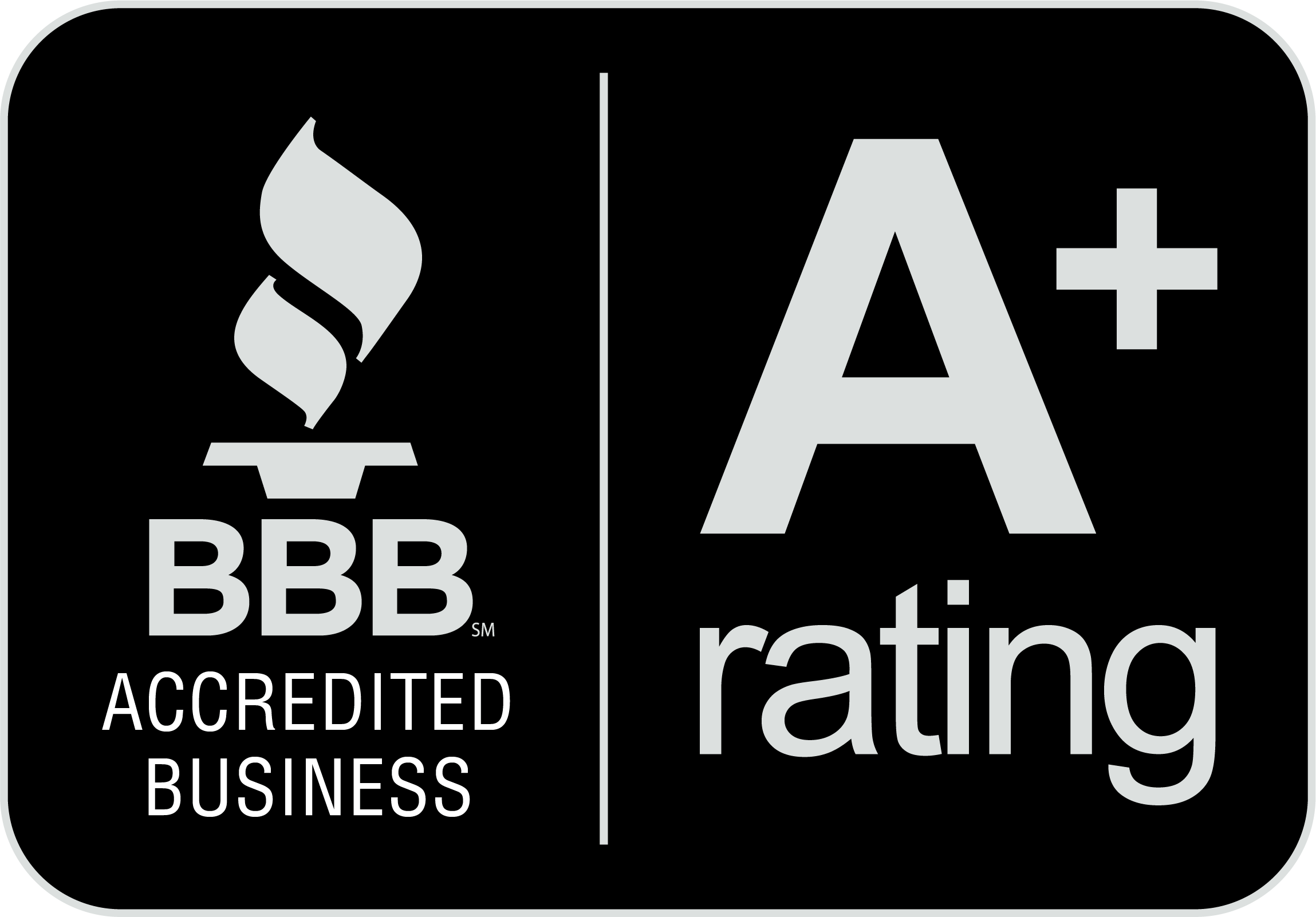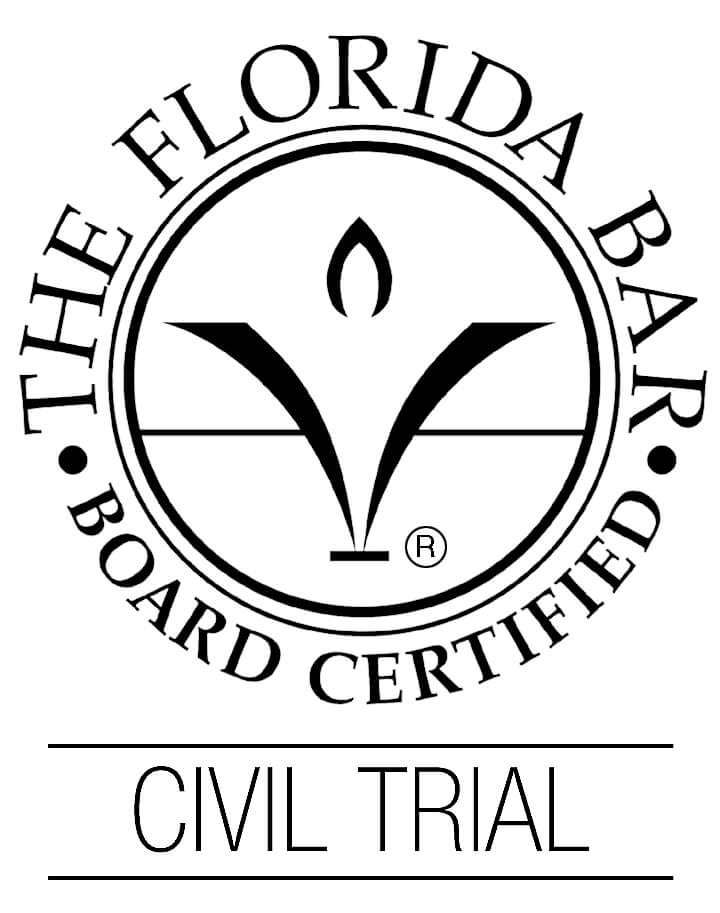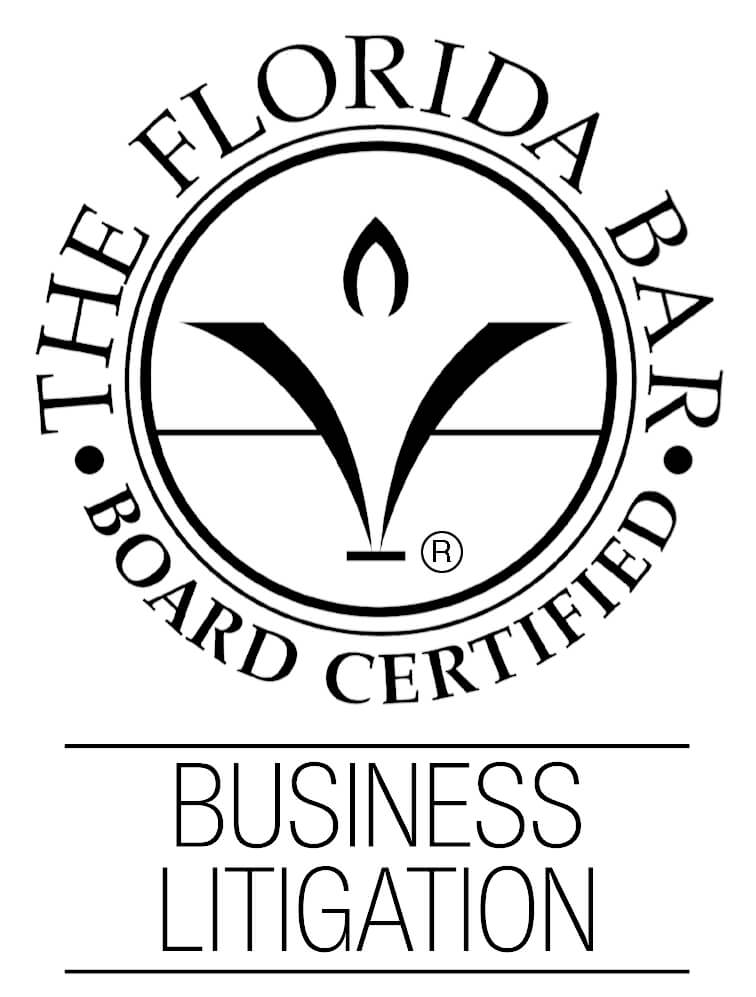How Social Media Affects Personal Injury Cases
Social media is a natural part of our daily lives. From Facebook check-ins to Instagram stories, sharing life’s moments, both big and small, has become second nature.
But if you’ve recently been involved in an accident and are pursuing a personal injury claim, what you post online could have serious legal consequences.
At The Nation Law Firm, we’ve seen firsthand how a single social media post can jeopardize an entire case. Knowing what you can share—and what you absolutely should not disclose online—can help protect your rights and the compensation you deserve.
Here’s what you need to know about the impact of social media on personal injury claims, and what you should avoid sharing while your case is ongoing.
Social Media Is Not as Private as You Think
Even if your profile is set to “private,” courts may still allow the opposing party to access your posts during discovery if they believe it contains relevant information.
Insurance companies and defense attorneys actively monitor social media platforms looking for evidence to undermine your case. A seemingly innocent post can be taken out of context and used against you.
How Social Media Can Hurt Your Case
Here are a few real-world examples of how social media can backfire during a personal injury lawsuit.
Contradicting Your Injuries
Posting pictures or videos of yourself engaging in physical activity, like jogging, dancing, or attending a party, can be used to argue that your injuries aren't as severe as claimed.
Downplaying Your Pain and Suffering
Smiling selfies or happy updates might suggest that you’re not experiencing emotional distress or physical pain, even if you are.
Timestamp Troubles
If you post something that conflicts with the timeline of your reported injury or treatment, it could cast doubt on your credibility.
What NOT to Share After an Accident
To protect your case, it’s best to avoid posting certain types of content while your personal injury claim is active. Here's a quick list of what not to share:
- Details about the accident or your injuries
- Photos or videos of the crash or injury
- Updates on your recovery or medical treatments
- Any mention of conversations with lawyers, doctors, or insurance companies
- Posts showing physical activity or travel
- Check-ins at events or locations that imply you're not as injured as claimed
Any of this information can be misunderstood or misrepresented and used against you or your claim.
What You CAN Do
We get it. You still want to stay connected. While it's safest to stay off social media altogether during your case, here are a few safe practices if you must stay active
Update Your Privacy Settings
Limit who can see your posts, and avoid accepting friend requests from people you don’t know.
Think Before You Post
If there's any doubt about how a post could be interpreted, don’t share it.
Ask Your Attorney
When in doubt, run it by your lawyer before posting anything even remotely related to your accident or injury.
Your Legal Team Can Be Your First Line of Defense
At The Nation Law Firm, we understand how overwhelming the aftermath of an accident can be. We’re here to guide you not only through the legal process but also through the everyday decisions that could affect your case, like what you share online.
If you’ve been injured and are wondering how to protect your claim, reach out to us for a free case evaluation. Our experienced personal injury attorneys will fight for your best interests, both in the courtroom and beyond.

Mark A. Nation is Board Certified in Civil Trial Law, and also in Business Litigation Law by the Florida Bar. Although there are over 100,000 attorneys in Florida, less than 100 hold these two Board Certifications.








.svg)
